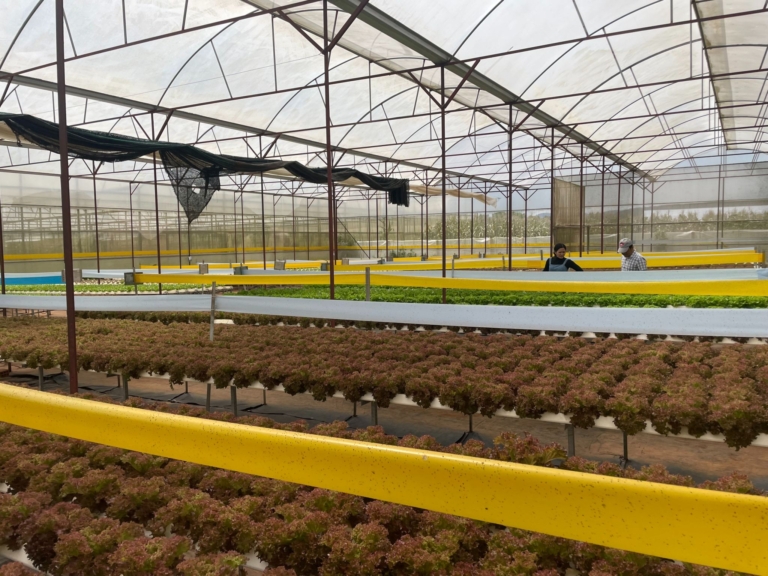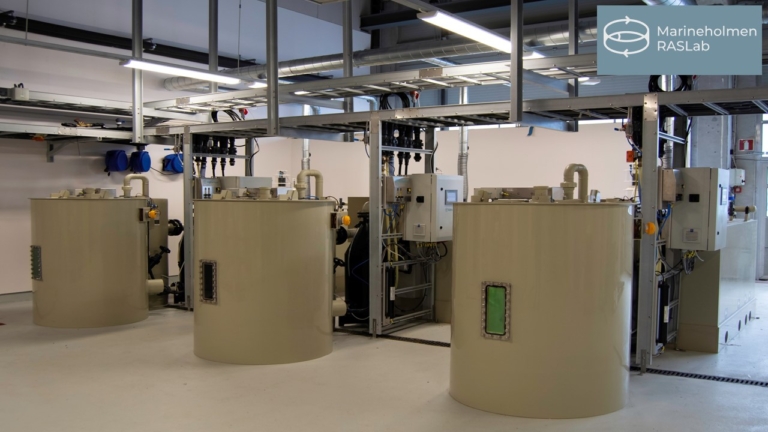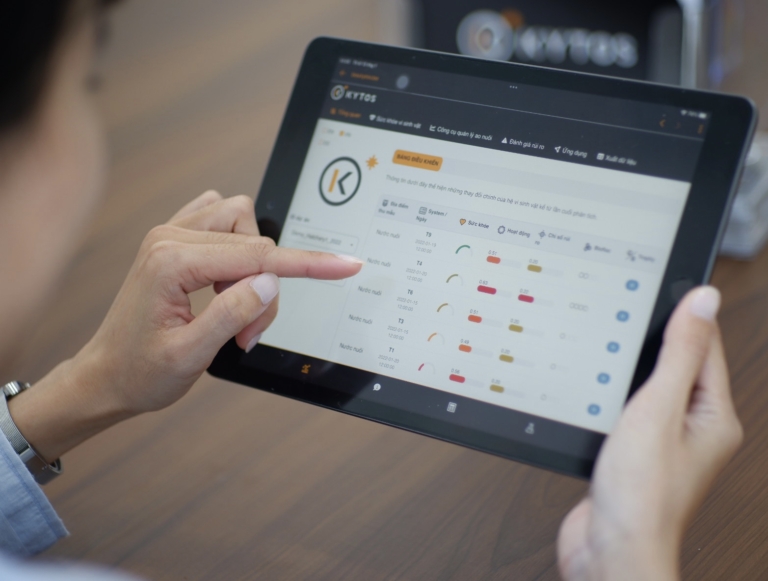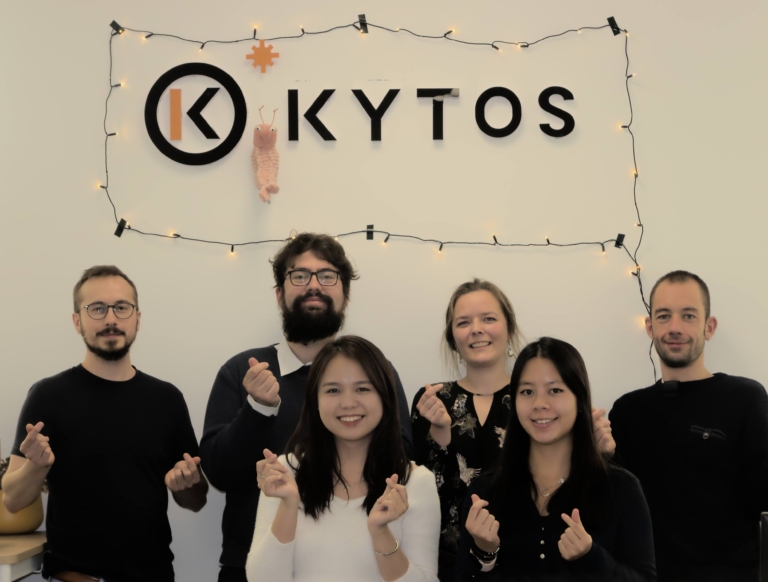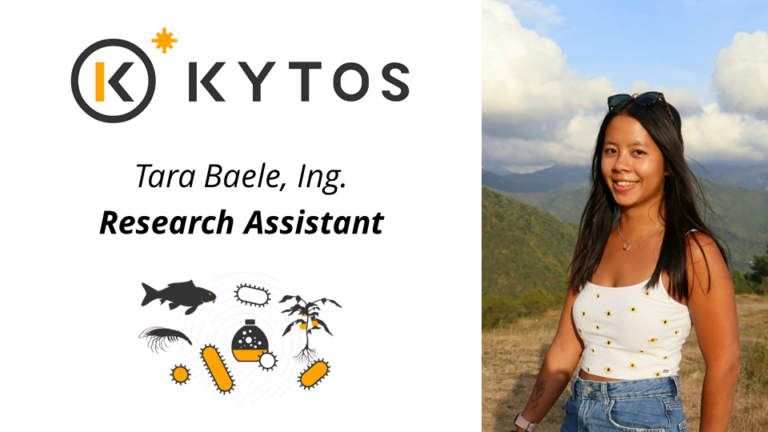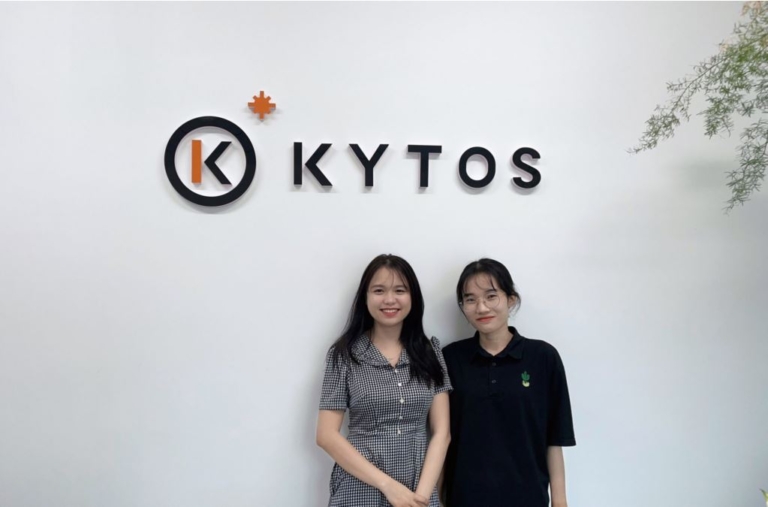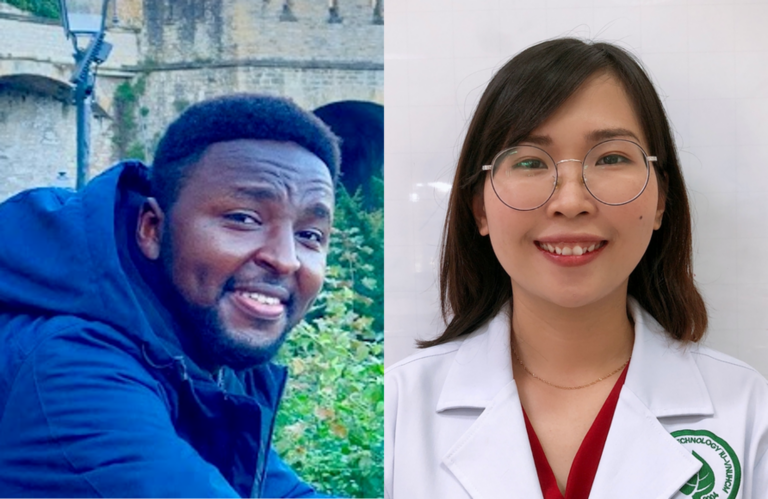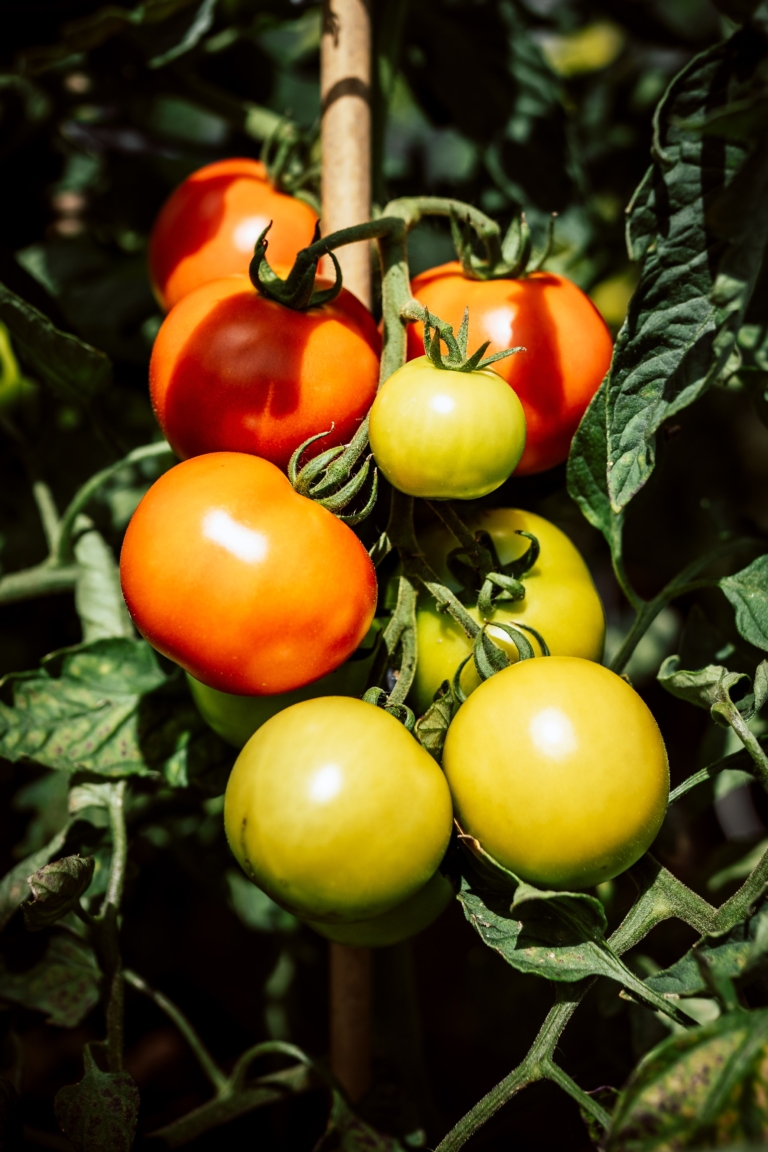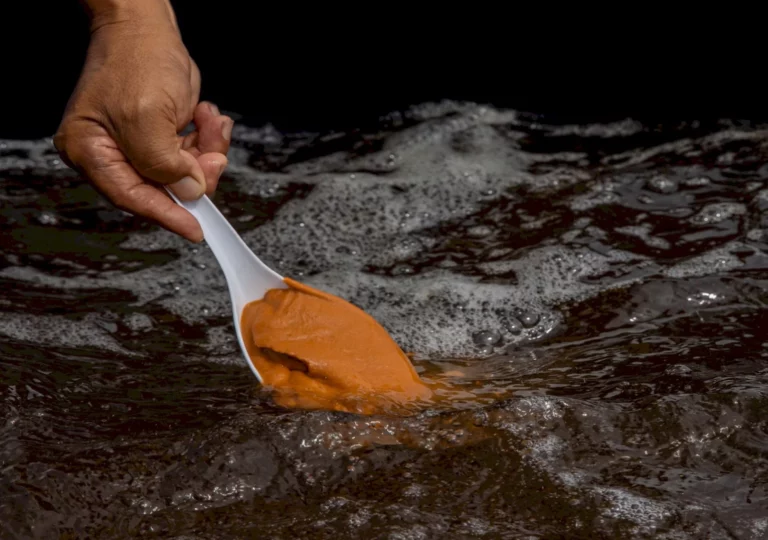KYTOS and FreshStudio initiate collaboration in Vietnam!
Kytos has embarked on an exciting new venture in the field of horticulture in Vietnam. We have joined with Fresh Studio® to delve into the fascinating world of microbiomes in lettuce cultivation using Nutrient Film Technique (NFT) systems. 🥬💦 This collaborative effort will enable Fresh Studio® and KYTOS to gain a precise and comprehensive understanding of the intricate relationship between the…
